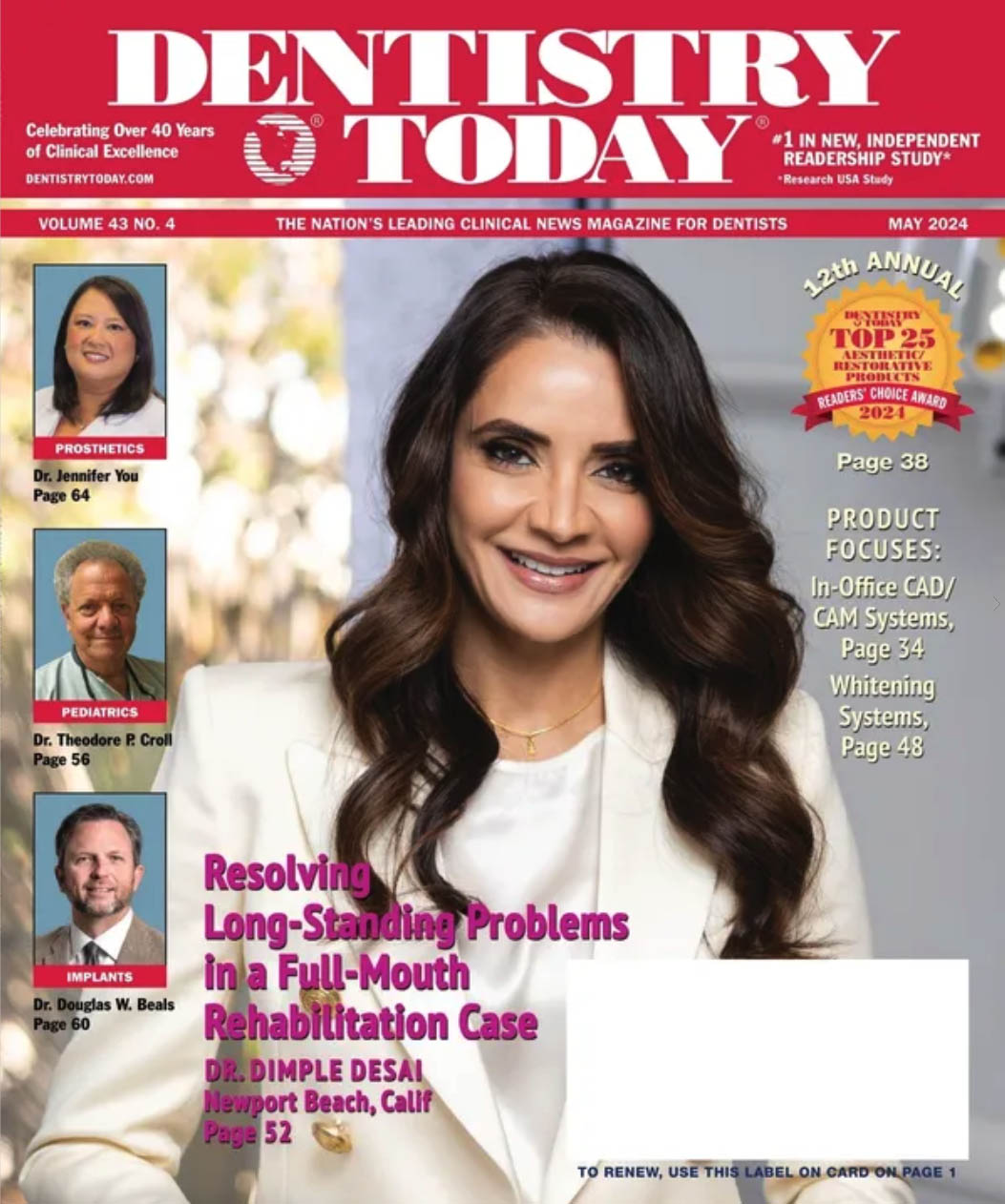0
Shares
A literature review published in the August 2007 issue of the Journal of Periodontology (JOP) saw a strong relationship between stress and periodontal diseases; 57% of the studies included in the review showed a positive relationship between periodontal diseases and psychological factors such as stress, distress, anxiety, depression, and loneliness. More research is needed to determine the definitive relationship between them, said study author Daiane Peruzzo, PhD. However, patients who minimize stress may be at less risk for periodontal diseases, she added.
Researchers speculate that the hormone cortisol may play a role in the possible connection between stress and periodontal diseases. A study in the July 2007 issue of JOP found that increased levels of cortisol could lead to increased destruction of the gums and jawbone due to periodontal diseases. It is well known that periodontal diseases, left untreated, can ultimately lead to bone loss or tooth loss. “Individuals with high stress levels tend to increase their bad habits, which can be harmful to periodontal health. They are less attentive to their oral hygiene and may increase their use of nicotine, alcohol, or drugs,” explained Preston D. Miller, Jr, DDS, president of the American Academy of Periodontology (AAP). “Patients should seek healthy ways to relieve stress through exercise, balanced eating, plenty of sleep, and maintaining a positive mental attitude.”
(Source: AAP, August 8, 2007)








